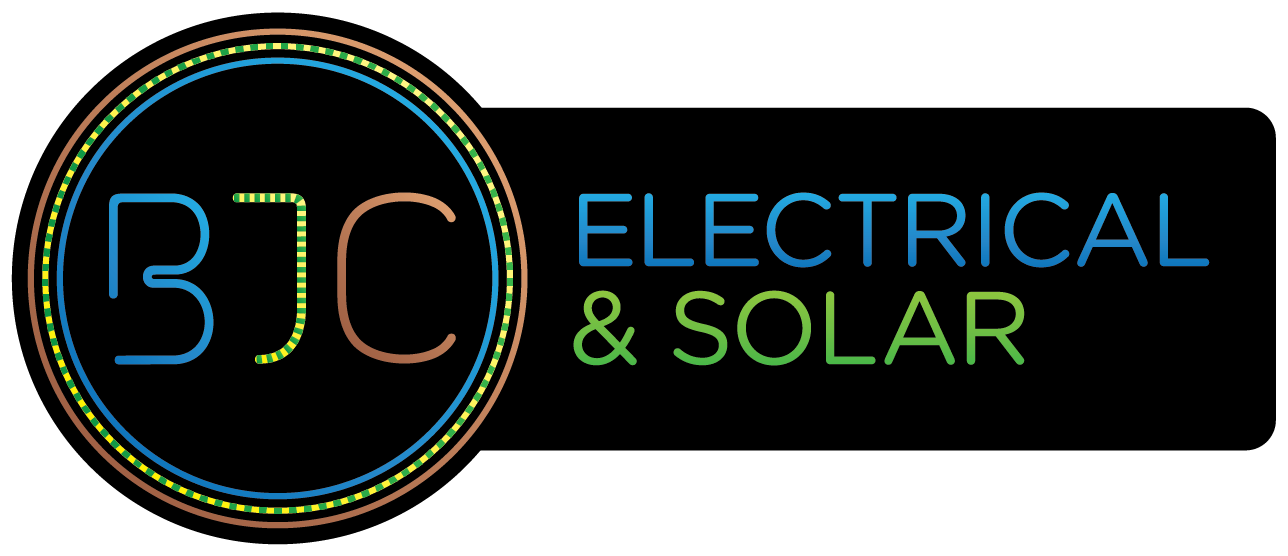Cost-effectiveness has always sat at the forefront of business priorities; however, the emphasis has never been on environmental sustainability as much as it is today. In a mission to hit each of these objectives, commercial solar panel installers in the UK are starting to receive more and more enquiries. This is because modern solar panels are a viable solution for powering buildings, as commercial solar installation works to convert sunlight into electricity, providing a sustainable and economical alternative to traditional energy sources. So, if your business is considering the installation of solar panels on its premises, read on to discover more about the benefits.
What Are Commercial Solar Panels?
Commercial solar panels don’t differ too greatly from domestic solar panels; quite simply, they’re designed to harness the power of sunlight and convert it into electricity. Solar panels are crafted from solar cells, which are typically made from silicone and other semiconductor materials that generate direct current electricity when exposed to sunlight. In the commercial sphere, solar panels can be installed on roofs, parking structures, or in vacant land surrounding the premises to maximise sunlight exposure.
What is the Commercial Solar Panel Installation Process?
Installing commercial solar panels is a comprehensive and meticulous process, meaning the expertise of qualified professionals is required for the best results. There are a number of steps involved in installing solar panels, including the following:
- Site assessment: Ahead of installation, we’ll need to conduct a thorough assessment of the site. We’ll consider factors such as sunlight exposure, shading, and available space to determine the optimal placement of solar panels.
- Planning permission: In some instances, planning permission may be required for solar panel installation. This involves complying with local regulations and securing approval from the relevant authorities to ensure that the solar panels meet safety and environmental standards.
- Installation: Once the required planning permission has been obtained, we can then begin the physical installation process. This requires us to mount the solar panels to the designated areas and connect them to the inverters that convert direct current electricity into alternating current electricity for use within the building.
- Testing and commissioning: After we complete the installation, we conduct rigorous testing to ensure that the solar panels operate efficiently. This allows us to address any potential issues and commission the solar panels for regular operation.
How Much Do Commercial Solar Panels Cost in the UK?
There are various factors that affect the cost of installing commercial solar panels, including the size of the system, the type of solar panels used, and the complexity of the installation. Because of this, we’re unable to provide a ballpark figure for the cost of commercial solar panel installation, and we ask that you contact us directly for a quote.
That said, we understand that the upfront costs of solar panel installation can seem like a lot. Despite this, they allow for a future of cost savings due to the combination of renewable energy and government incentives that may be available.
What Are the Benefits of Solar Energy for Commercial Buildings?
Now that it’s clear what the installation of solar panels entails, we can go on to explore the benefits of them.
- Cost savings: Perhaps the most significant benefit of solar panels for commercial buildings is the potential for substantial cost savings. Generating electricity on-site allows businesses to reduce their reliance on grid power and lower their energy bills. Similarly, there are government incentives available to persuade businesses to opt for greener practices.
- Environmental sustainability: In order to reduce their carbon footprint, businesses should seriously consider solar panel installation. Harnessing clean and renewable energy from the sun allows businesses to contribute to the global effort to combat climate change. Since solar energy production doesn’t give off any greenhouse gas emissions, it works to help commercial buildings transition to a more sustainable and environmentally friendly energy source.
- Energy independence: By generating electricity on-site, businesses are able to benefit from energy independence. From this, they can become less dependent on external energy sources, which protects them from fluctuating energy prices and potential power outages. An additional source of power contributes to the resilience of commercial operations.
- Enhanced corporate image: The adoption of solar energy showcases a commitment to environmental responsibility, which can bolster a company’s corporate image. It’s not uncommon for stakeholders and consumers to value businesses that prioritise sustainability, and solar panels can be a symbol of this dedication to a greener future.
- Long-term investment: Although the initial costs of solar panel installation are substantial, they provide a favourable return on investment. This is because solar panels have a lifespan of multiple decades and provide an additional energy source.
Where Can I Find Commercial Solar Panel Installers Near Me?
If your business premises could benefit from solar panel installation and you’re based in the Cambridgeshire/Lincolnshire area, look no further than BJC Electrical & Solar. Contact us for a quote today.





